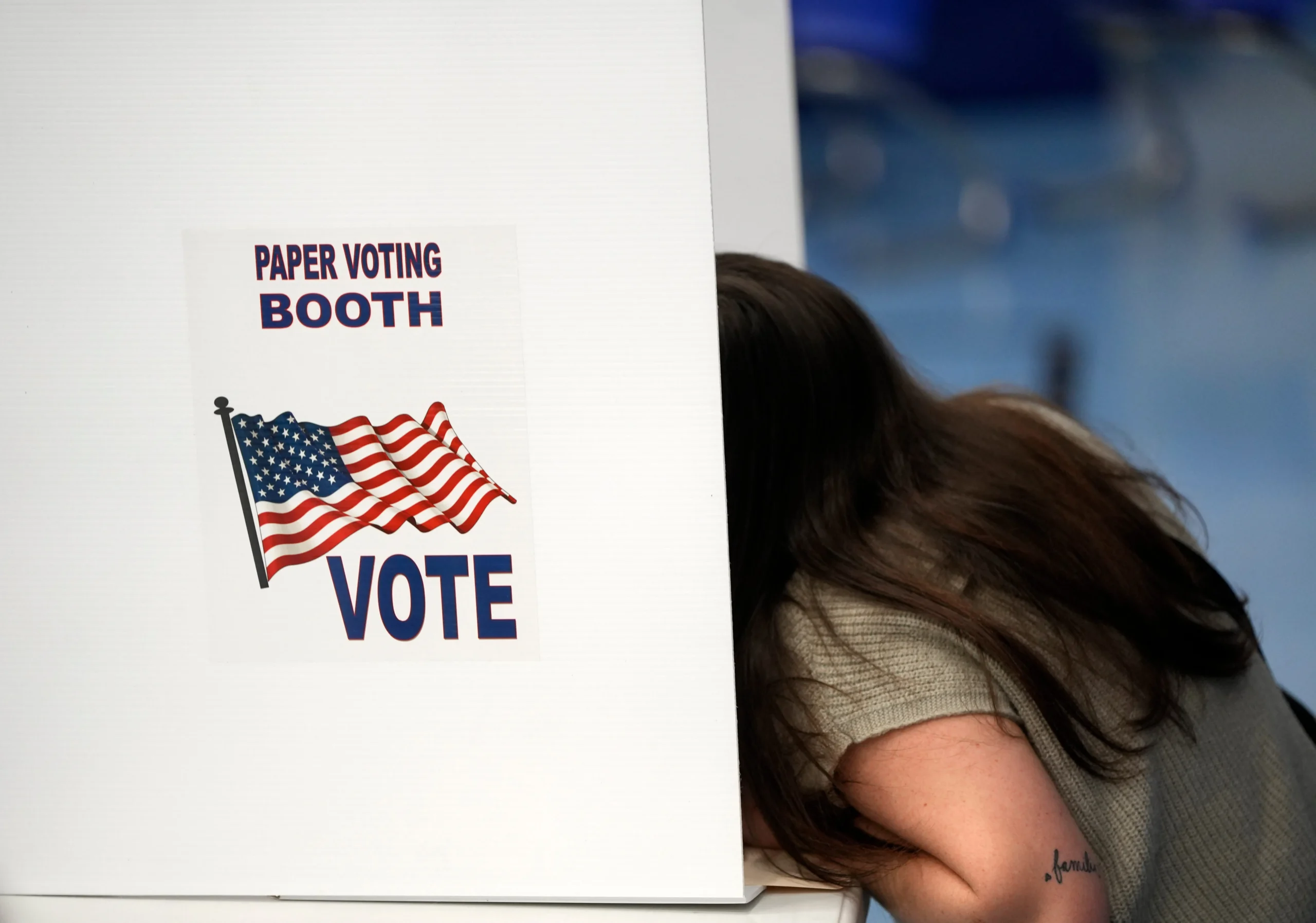Don’t Forget These Essential Items When You Vote!
As Election Day approaches, many citizens are gearing up to make their voices heard. However, amidst the excitement, it’s crucial to remember the essentials that can make or break your voting experience. Understanding voter ID requirements and knowing what to bring to vote can save you time and frustration at the polls. Here’s a comprehensive guide to ensure you are fully prepared for this important civic duty.
What Are Voter ID Requirements?
Who needs to know about voter ID requirements? Every voter should be aware of the specific laws in their state. What are these requirements? Each state has its own set of rules regarding acceptable forms of identification. When should you check these requirements? Ideally, you should verify your state’s ID laws well before Election Day to avoid any last-minute surprises.
For instance, many states require a photo ID such as a driver’s license, state ID, or passport. However, some states may also accept non-photo IDs like a birth certificate or Social Security card. It’s essential to familiarize yourself with these regulations to ensure a smooth voting process.
Essential Items to Bring
When preparing for the polls, consider this numbered list of essential items to bring:
-
Acceptable Forms of ID: Always carry a valid photo ID. If you are a first-time voter who registered online, you will need to present a photo ID along with a document confirming your name and address, such as a utility bill or bank statement.
-
Proof of Voter Registration: Check your voter registration status ahead of time. If you’ve recently moved or changed your name, ensure that your registration is current. Mismatches between your ID and voter registration can lead to complications at the polls.
-
Provisional Ballot Information: Be aware that if you encounter issues with your ID or registration, you may be allowed to cast a provisional ballot. This ballot will be counted once your eligibility is confirmed, typically requiring you to provide acceptable ID within a few days.
-
Additional Documentation: In some cases, you may need to sign an affidavit affirming your identity if you do not have the required ID. Check your state’s specific rules for alternatives.
-
Your Own Writing Instrument: Some polling places may not provide pens. Bringing your own blue or black pen can help ensure you can fill out your ballot without issue.
-
Health Safety Measures: If voting in person, consider health precautions such as wearing masks and using hand sanitizer, especially if voting during flu season or in light of ongoing health concerns.
-
Plan for Potential Delays: Be prepared for lines and possible delays at polling places, particularly during peak hours when polls open and close.
-
Know Your Polling Location: Verify your assigned polling place based on your physical address before Election Day to avoid confusion.
Understanding the Voting Process
How can you familiarize yourself with the voting process? Before heading to the polls, take the time to understand the procedures at your polling place. This includes how to check in, receive your ballot, and cast your vote securely. Knowing what to expect can alleviate anxiety and help you navigate the process more efficiently.
“Preparation is key,” says local election official Jane Doe. “Understanding what to bring to vote and how the process works can make a significant difference in your voting experience.”
First-Time Voter Tips
For those voting for the first time, it’s essential to be extra prepared. What should first-time voters keep in mind? In addition to the standard requirements, first-time voters must present a valid photo ID and a document confirming their name and address. This could be a utility bill, bank statement, or any official document that includes your name and address.
“First-time voters should not hesitate to ask questions,” advises Doe. “Polling staff are there to help, and it’s important to ensure your vote counts.”
Conclusion
As Election Day draws near, the importance of being prepared cannot be overstated. Understanding voter ID requirements and knowing what to bring to vote are crucial steps in ensuring your voice is heard. By following these guidelines and being aware of the essentials, you can navigate the voting process with confidence.
Remember, your vote matters, and being prepared is the first step in making sure it counts. Whether you are a seasoned voter or casting your ballot for the first time, take the time to gather your essentials and familiarize yourself with the voting process. This Election Day, let’s all commit to being informed and prepared voters.






Leave a Comment